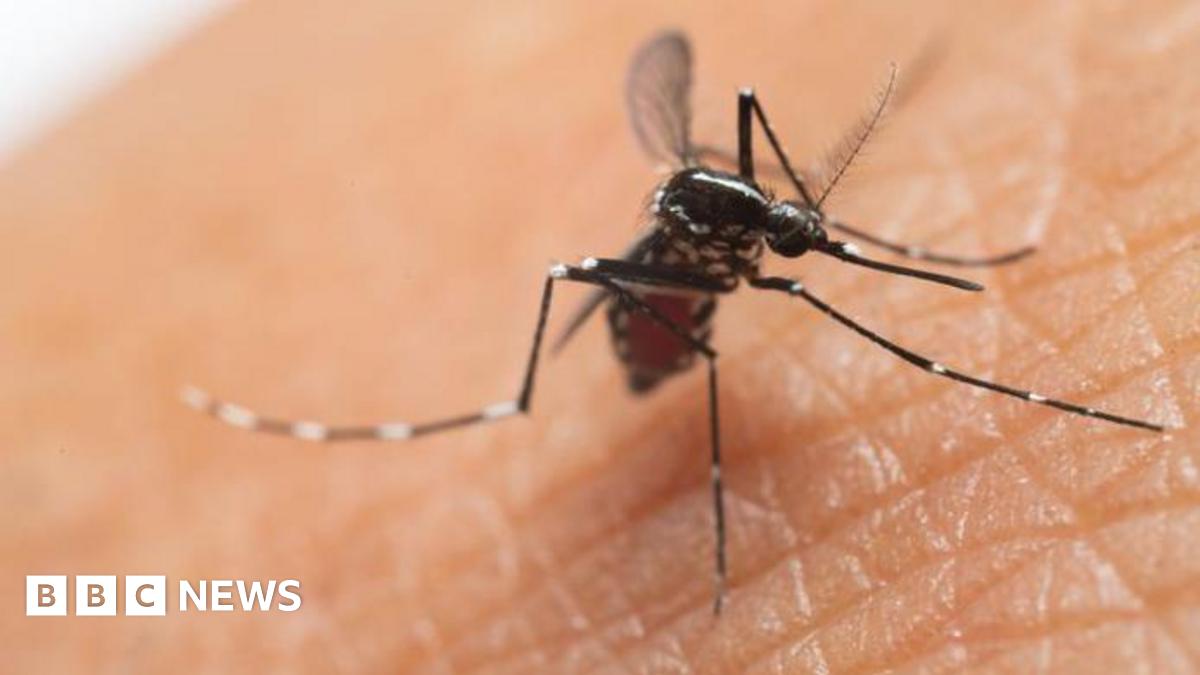In most cases, people recover fully within a couple of weeks, but for some, pain can persist for months or even years.
In very rare cases it can be fatal.
While the 73 infections seen in the UK in the first six months of this year is not a huge number, it is more than double the 27 cases over the same period last year.
An outbreak of the virus is under way in the Indian Ocean region, and almost all of the infections were linked to travel in India, Sri Lanka and Mauritius.
Chikungunya is spread by two types of mosquito, neither of which are present in the UK, so there is no risk on onward infection.
But Dr Philip Veal, Consultant in Public Health at UKHSA, says it is a warning to travellers to make sure they take precautions against mosquito bites.
“Chikungunya can be a nasty disease and we’re seeing a worrying increase in cases among travellers returning to the UK.
“It is essential to take precautions against mosquito bites when travelling.
“Simple steps, such as using insect repellent, covering up your skin and sleeping under insecticide-treated bed nets can greatly reduce the risk.
“Before you travel, check the Travel Health Pro Website for the latest advice on your destination.
“A chikungunya vaccine may also be considered for those travelling to higher-risk regions.”
